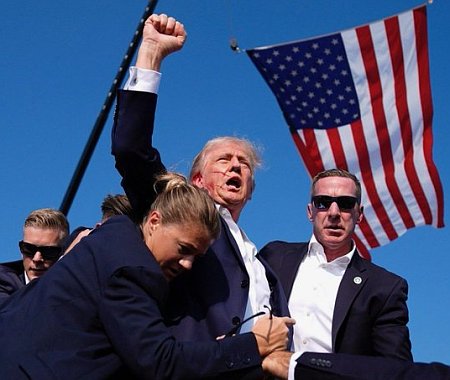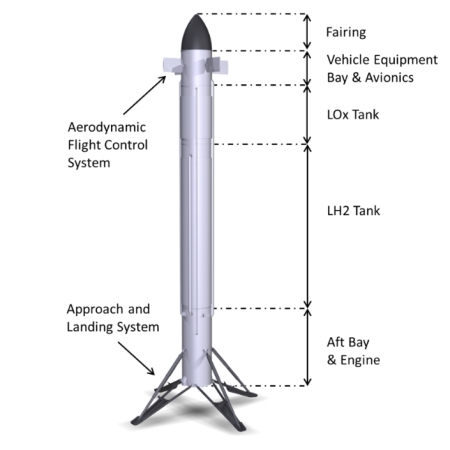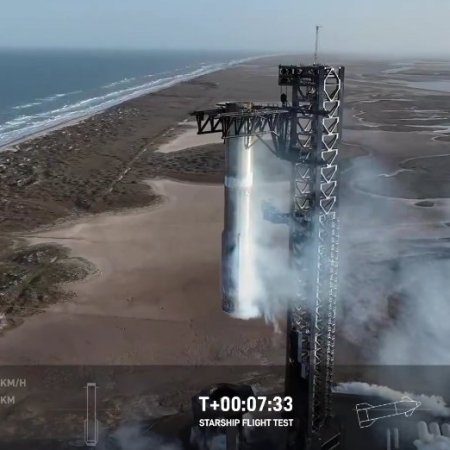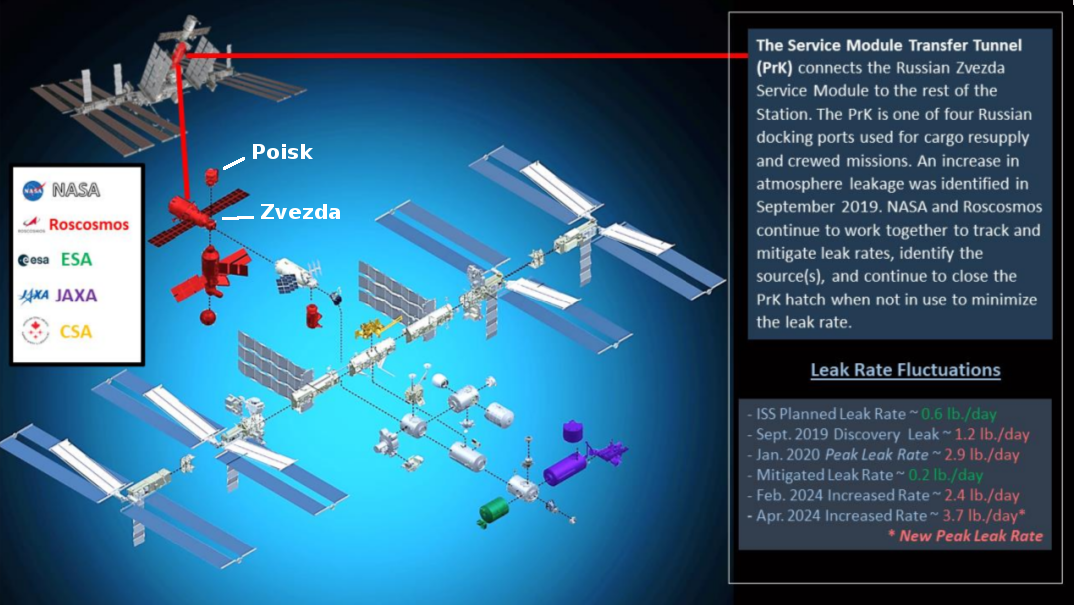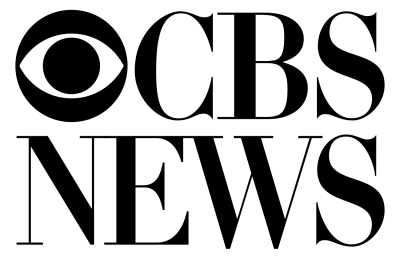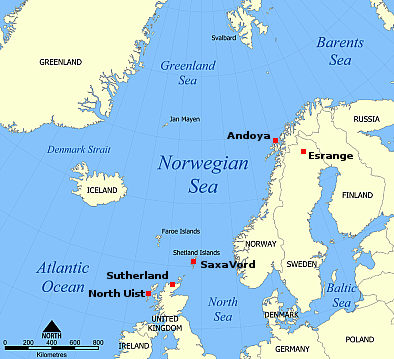Poland fires head of its space agency
Apparently due to his failures in min-February dealing with debris dropped on Poland from a de-orbiting Falcon 9 upper station, the government has fired the head of its space agency.
The President of the Polish Space Agency, Grzegorz Wrochna, has been dismissed following a botched response to the uncontrolled re-entry of a Falcon 9 second stage that scattered debris across multiple locations in Poland.
It appears Wrochna’s office had sent its reports on the debris to the wrong email address, so that the people higher up in the command chain were not informed properly about what was happening. This failure was then compounded in early March when the space agency’s computer systems were hacked, forcing it to shut down its access to the internet.
You might ask why Poland even has a space agency, and if you do you are asking the right question. The nation does not have “a space program,” which would require an agency. Instead it has a handful of new rocket startups, mostly focused on suborbital flights. All these need is the right legal framework to succeed, not a bureaucracy telling them what to do.
Apparently due to his failures in min-February dealing with debris dropped on Poland from a de-orbiting Falcon 9 upper station, the government has fired the head of its space agency.
The President of the Polish Space Agency, Grzegorz Wrochna, has been dismissed following a botched response to the uncontrolled re-entry of a Falcon 9 second stage that scattered debris across multiple locations in Poland.
It appears Wrochna’s office had sent its reports on the debris to the wrong email address, so that the people higher up in the command chain were not informed properly about what was happening. This failure was then compounded in early March when the space agency’s computer systems were hacked, forcing it to shut down its access to the internet.
You might ask why Poland even has a space agency, and if you do you are asking the right question. The nation does not have “a space program,” which would require an agency. Instead it has a handful of new rocket startups, mostly focused on suborbital flights. All these need is the right legal framework to succeed, not a bureaucracy telling them what to do.

